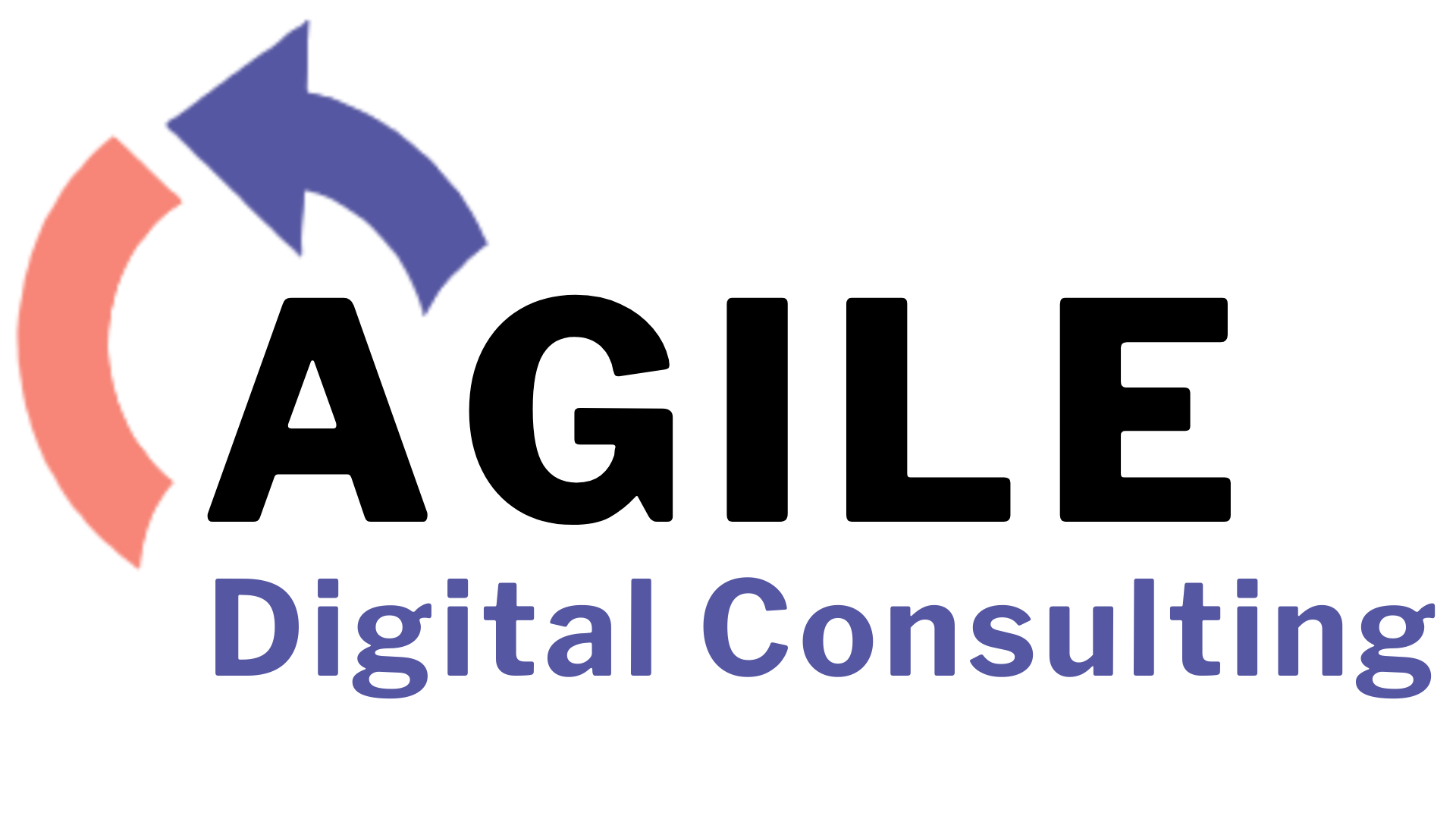Agile Consulting
Businesses must be able to quickly adapt to changing market demands and customer needs in today’s technological business environment. Agile consulting gives businesses a framework to do just that. Agile consulting helps companies to streamline their processes, reduce waste, and increase efficiency, all while improving the quality of their products and services. This in-depth guide will teach you everything you need to know about agile consulting, including its advantages, methodologies, and best practices.
Agile consulting is a method of project management that emphasizes flexibility, collaboration, and quick delivery. It is a framework that enables businesses to quickly adapt to market and customer needs changes. Agile consulting provides a set of guidelines and best practices that assist teams in working more efficiently, delivering products and services more quickly and accurately.
Agile consulting includes a variety of methodologies such as Scrum, Kanban, and Lean. These methodologies emphasize iterative, incremental development, which enables teams to divide large projects into smaller, more manageable tasks. Teams can respond to changes more quickly, improve the quality of their work, and reduce the risk of project failure by doing so.
Benefits Of Agile Consulting
Increased Flexibility
Agile consulting enables businesses to respond quickly to market, customer, or project requirements changes. Teams can modify their processes and workflows to meet new challenges and requirements, lowering the likelihood of project failure.
Faster Delivery
Agile consulting enables teams to deliver products and services more quickly than traditional project management methodologies. Teams can bring products and services to market faster by breaking projects down into smaller tasks and delivering incremental updates.
Reduced Risk
By breaking down complex projects into smaller, more manageable tasks, agile consulting reduces the risk of project failure. As a result, teams can quickly identify and address issues, lowering the risk of project delays or failure.
Improved Quality
Agile consulting places a premium on continuous improvement, ensuring that teams learn from their mistakes and continuously improve their processes. This emphasis on quality yields higher-quality products and services.
Improved Collaboration
Agile consulting emphasizes collaboration and communication to ensure that teams work effectively together. This emphasis on collaboration leads to improved teamwork and project outcomes.
Agile Methodologies
Our Agile Methodologies
Agile consulting includes a variety of methodologies, such as:
- Scrum is a project management methodology that is iterative and incremental. Every sprint is a framework that enables teams to deliver a potentially shippable product increment. Scrum values teamwork, self-organization, and continuous improvement.
- Kanban is a visual management system allowing teams to track progress and identify bottlenecks. It is a pull-based system that allows teams to concentrate on completing tasks as quickly as possible.
- SAFe, or the Scaled Agile Framework, is a methodology for managing and coordinating large-scale software development projects. It is a comprehensive, publicly available framework that draws on Agile principles and values, and is designed to help organizations improve their agility, collaboration, and speed to market.
Best Practices for Agile Consulting
Businesses should follow the following best practices to get the most out of agile consulting:
- Communication: Communication is essential for successful agile consulting. Teams should communicate regularly and openly to ensure everyone is on the same page.
- Team Empowerment: Teams are empowered by agile consulting to make decisions and take ownership of their work. Teams should be given the autonomy and support they require to produce high-quality results.
- Focus on Continuous Improvement: Agile consulting places a premium on continuous improvement, and teams should be encouraged to learn from their mistakes and constantly improve their processes.
- Use Metrics: Metrics are essential for measuring progress and identifying areas for improvement. Teams should use metrics to track their progress and identify areas for process improvement.
- Be flexible and adaptable: Agile consulting is all about flexibility and adaptability. Businesses must be willing to modify their processes and workflows in order to meet new challenges and requirements.
- Prioritize Customer Value: Agile consulting is all about providing value to customers. When developing products and services, businesses should prioritize their customers’ needs and desires.
- Accept Change: Agile consulting is based on the premise that change is unavoidable. Businesses must be willing to adapt their processes and workflows as needed to accommodate change.
- Encourage Collaboration: Collaboration is essential to agile consulting. Teams should collaborate and communicate frequently to ensure everyone is on the same page and working toward the same goals.
- Keep it Simple: Agile consulting emphasizes simplicity and waste reduction. Businesses should focus on delivering the minimum viable product (MVP) and avoid overcomplicating their processes.
- Continuous Feedback: Feedback is essential in agile consulting. Teams should provide regular feedback to each other and stakeholders to ensure everyone is on the same page and working toward the same objectives.
